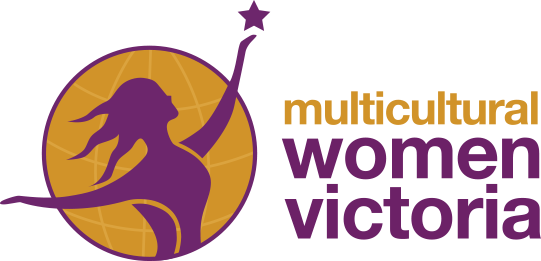Since the sixties, Australia has become a major destination for multicultural groups all over the world. Today the multicultural community in Australia is over 51% including the second generation. Some had no choice to migrate due to political persecution and war displacement. Others for the dream of a better life for them or their family or through work opportunity and decided Australia was the country for them. For each first-generation, the migration journey happens as a family or a solo journey. However, as many sail early in their journey, the thought of life as a senior citizen in a new home without immediate family is highly unlikely to have been part of their decision-making process.
Over the past years observing ageing issues in the first generation migrants there are some key factors that contribute to them:
- Language barriers;
- Lack of awareness, understanding and connectivity with the services available and how access it;
- Inability to communicate with their own children;
- Feeling lonely, isolated and increasingly frail;
- Lack of quality of mainstream services experiencing the worst when unable to communicate with workers within the facility;
- More recently, impact of COVID in their lives
MWV is joining forces with other multicultural groups to create a program aiming at delivering so young and older seniors can use to attain a dignified and quality of living for the future.
Key areas we see as important:
- Information Flows: A forum where we can gather information and offer information on key areas such as Financial Independence, Services, Legal Consideration in Ageing and Wellbeing.
- Service Delivery: Create a support network via existing women circles that can supplement current government (Federal, State and Local Government) and break it down to a level all our multicultural families can understand.
- Advocacy: Work with advocacy groups, providing input on key areas in particular services and support to older multicultural Australians.
Project Alignment with the Australian Government Aged Care Principles:
- INCLUSION– The needs of older people from CALD (cultural and linguistic diversity) backgrounds, their families and carers are included in the development of Australian Government ageing and aged care policies and programs on an ongoing basis;
- EMPOWERMENT– Older people from CALD backgrounds, their families and carers are fully informed (native language) and supported and have the knowledge and confidence to maximise their use of the aged care system;
- QUALITY– Care and support services are appropriate to the needs of older people from CALD backgrounds, their families and carers and are assessed accordingly.
- CAPACITY BUILDING– Individuals from CALD backgrounds and CALD communities have the capacity to both articulate their ageing and aged care needs and be involved in the development of services and the workforce to meet these needs.
Generic Services
Services for your Household
Government Services
- Australian Taxation Office (ATO) – 13 28 61
- ATO (Scams Hotline) – 1800 008 54
- My Gov (Your Information) – 13 23 07
- Centrelink (Older Australians) – 13 23 00
- Medicare – 13 20 11
- My Aged Care (Home Care Packages) – 1800 227 475
- DHHS Ageing – 1300 475 170
- Translation Services – 13 14 50
Legal and Rights
- Elder Abuse Helpline – 1800 353 374
- Seniors Rights – 1300 368 821
- Elder Rights Advocacy (ERA) – (03) 9602 3066
- OPAN – 1800 700 600
- Housing for the Aged (HAAG) – 1300 765 178
- Aged Care Complaints- 1800 951 822
Social and Wellbeing
- Beyond Blue – 1300 224 636
- Grief Line – 1300 845 745
- Home Doctor (Home Visits) – 13 74 25
- Nurse on Call – 1300 606 024
- Life Line – 13 11 14
- City of Monash – (03) 9518 3555
- City of Port Phillip – (03) 9209 6777
- Whyndham City – 1300 023 411
- MWV Women Circles – (03) 9654 1243
- Monash Positive Ageing Program – (03) 9518 3555
Carers Support and Finance

